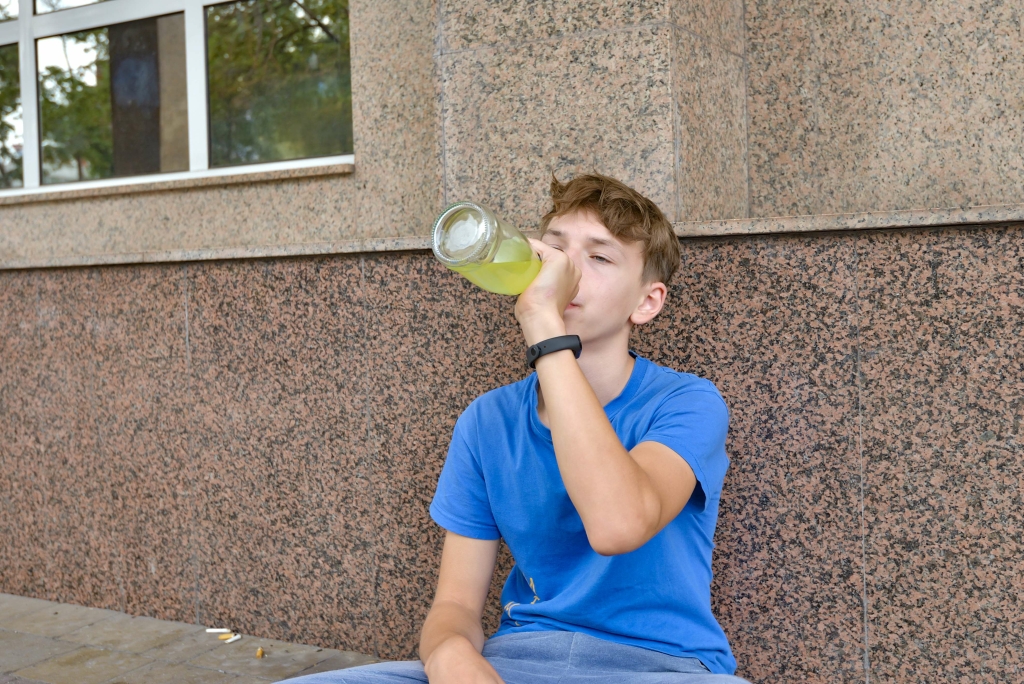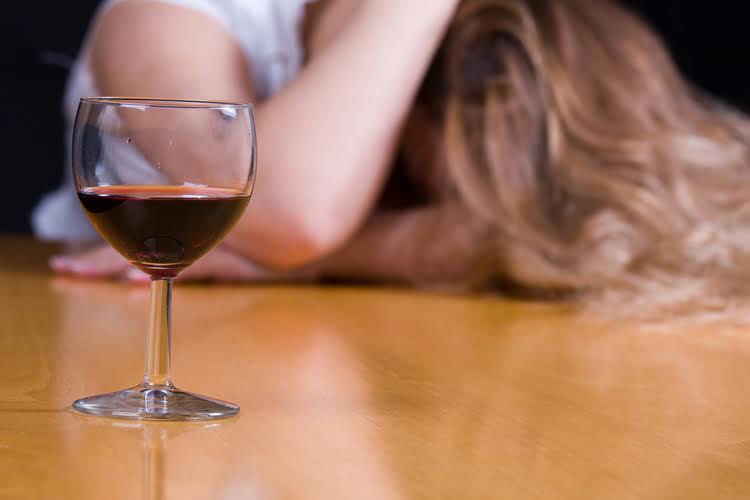Collaborating with your healthcare providers, therapists, and support network, you can develop a comprehensive recovery plan that addresses the physical, emotional, and social aspects of your alcoholism. This personalized approach will empower you to navigate the challenges of sobriety and achieve lasting change. As you seek help for drug what is Oxford House addiction, it’s also important to get treatment for any other medical or psychological issues you’re experiencing. Your best chance of recovery is by getting combined mental health and addiction treatment from the same treatment provider or team. Through her talk, she shares her journey to recovery and the strategies she used to overcome her addiction, including the importance of finding a support network and building a strong sense of self-worth.
What are the main challenges in overcoming alcohol addiction?

Relapse is a common part of the recovery process from drug addiction. While relapse is frustrating and discouraging, it can be an opportunity to learn from your mistakes, identify additional triggers, and correct your treatment course. You can support your drug treatment and protect yourself from relapse by having activities and interests that provide meaning to your life. It’s important to be involved in things that you enjoy, that make you feel needed, and add meaning to your life.
Behavioral Treatments
Medication-assisted treatment (MAT) for alcohol addiction uses medications like disulfiram, naltrexone, and acamprosate, to reduce cravings, block pleasurable effects, or deter drinking. Combined with counseling and support, MAT treats both physical and psychological aspects of addiction. Behavioral therapies for alcoholism, such as Cognitive Behavioral Therapy (CBT) and Motivational Interviewing (MI), focus on modifying unhealthy thoughts and behaviors related to drinking. The goal of CBT is to help individuals identify and challenge negative thought patterns, while MI can help create intrinsic motivation for change through empathetic listening and goal-setting. These therapies aim to develop coping skills, address triggers, and promote long-term sobriety. The rumination stage in alcohol https://ecosoberhouse.com/ addiction involves introspection and contemplation about the consequences of drinking.
Develop Healthy Habits
- Problematic drinking patterns vary in intensity and presentation, depending on the individual and their lifestyle.
- Armed with this information, the counselor develops a personalized recovery plan that reflects the client’s goals and needs.
- Below are 11 steps to help individuals navigate the path to recovery.
It is essential to approach this stage of the recovery process with caution and under the supervision of medical professionals. Attempting to detox on your own can be extremely dangerous and should be avoided. Understanding rehabilitation’s importance in beating alcoholism as it offers structured programs, therapy, and support tailored to individual needs. In most cases, rehabilitation includes getting into the details of addiction and understanding where it stems from.


Formal treatment foralcohol addiction allows you to detox in a safe environment and provides comprehensive therapy to teach you how to staysober. Talk to your family and friends and ask for their encouragement and support. If they use your object of addiction, ask them not to do so in front of you.
Detox can be done on an outpatient basis or in a hospital or alcohol treatment facility, where you may be prescribed medication to prevent medical complications and relieve withdrawal symptoms. Some people are able to stop drinking on their own or with the help of a 12-step program or other support group (see below for links). Others need medical supervision in order to withdraw from alcohol safely and comfortably. Which option is best for you depends on how much you’ve been drinking, how long you’ve had a problem, the stability of your living situation, and other health issues you may have. Once you have resolved your underlying issues, you will, at times, continue to experience stress, loneliness, frustration, anger, shame, anxiety, and hopelessness. Finding ways to address these feelings as they arise is an essential component to your treatment and recovery.
What Are FDA-Approved Medications for Alcoholism?
Different types of medications may be useful at different stages of treatment to help a patient stop abusing drugs, stay in treatment, and avoid relapse. Additionally, medications are used to help people detoxify from drugs, although detoxification is not the same as treatment and is not sufficient to help a person recover. Detoxification alone without subsequent treatment generally leads to resumption of drug use. Understanding the comprehensive range of harms caused by regularly drinking too much emphasizes the importance of seeking support if needed. But knowing when to reach out and what types of support are available can be confusing. Similarly, some alcoholics may be able to stop drinking with the help of Alcoholics Anonymous.
- He was a successful businessman who managed to keep his addiction hidden for years.
- This denial can act as a significant barrier to seeking help, as it prevents a clear and honest assessment of the situation.
- Alcohol addiction recovery is not linear, and neither is the emotional process that goes with it.
- Too often we are so angry or discouraged that we take it for granted when things are going better.
This guide is written for individuals—and their family and friends—who are looking for options to address alcohol problems. It is intended as a resource to understand what treatment choices are available and what to consider when selecting among them. For more information, please visit the NIAAA Alcohol Treatment Navigator®, an online tool that helps individuals find the right treatment for them—and near them.
Medication may be used to manage withdrawal symptoms, prevent relapse, or treat any co-occurring mental health condition such as depression or anxiety. It’s also normal to feel conflicted about giving up your drug of choice, even when you know it’s causing problems in your life. Recovery requires time, motivation, and support, but by making a commitment to change, you can overcome your addiction and regain control of your life. Developing an addiction to drugs isn’t a character flaw or a sign of weakness, and it takes more than willpower to overcome the problem. Abusing illegal or certain prescription drugs can create changes in the brain, causing powerful cravings and a compulsion to use that makes sobriety seem like an impossible goal. But recovery is never out of reach, no matter how hopeless your situation seems or how many times you’ve tried and failed overcoming alcoholism before.
When you have strong reasons to quit, you will be motivated to stop drinking even if you don’t feel like it. It is hard to quit alcohol when you don’t see anything wrong with it. Alcohol users need to think of all the benefits they will get if they stop drinking, and weigh them against the cost ofconsuming alcohol. Alcohol addiction is a serious disease and affects a lot of people around the world. It is important to take it seriously and seek treatment as soon as you can.







